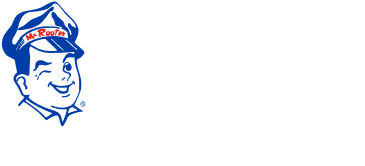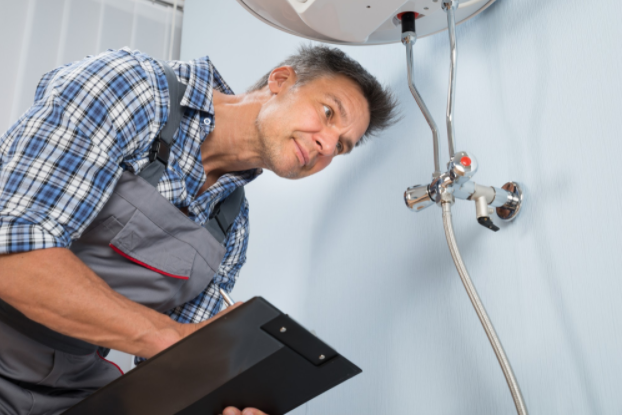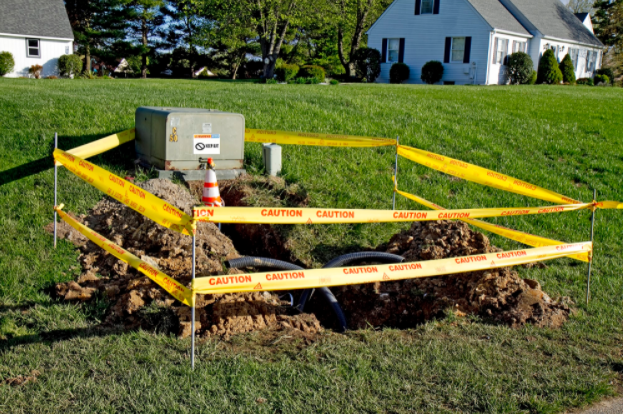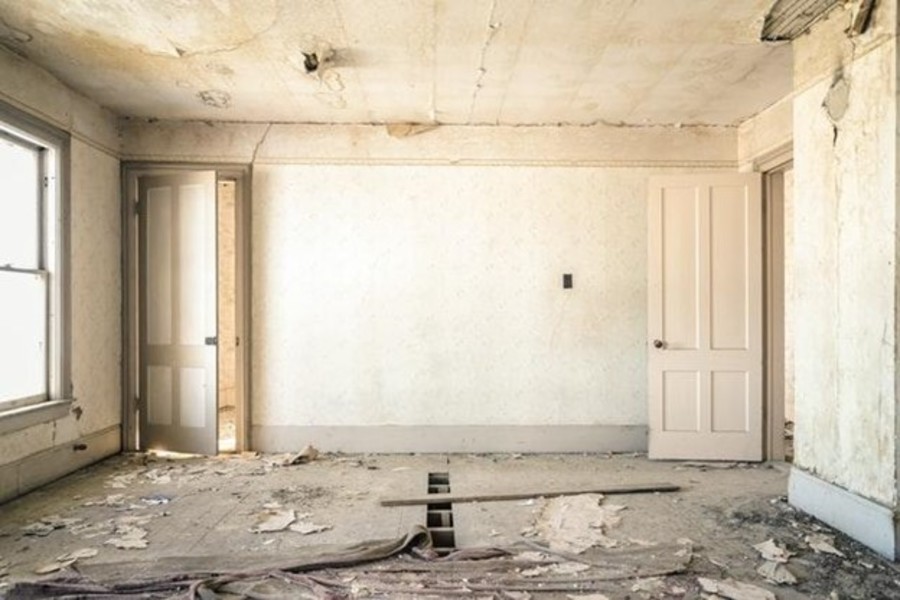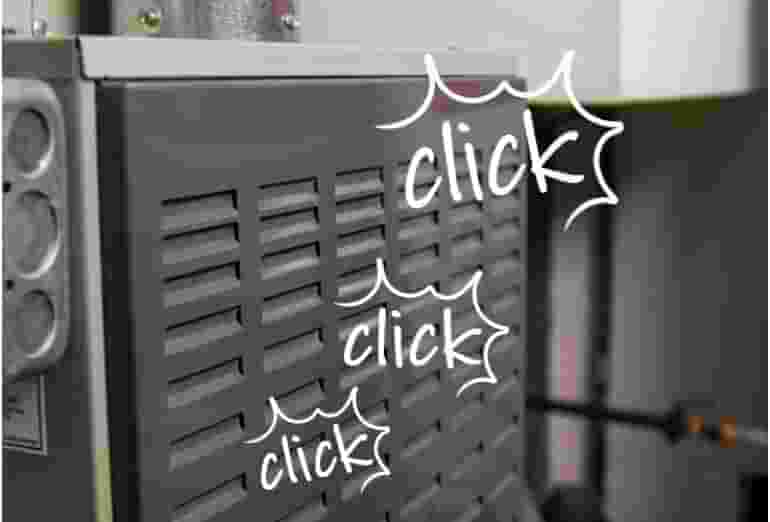When you have a house you need to clean it regularly, especially if you want to tap into the health benefits that come with owning your own living space. Cleaning can help your space feel more livable, and it’s a necessary part of the homeownership experience. It’s important that you take the time to qualify your cleaning products and processes to prevent, minimize, and ideally avoid health issues entirely.
Health Risks of Home Cleaning Products and Habits
Each home and cleaning schedule is different. However, there are several cleaning ingredients and activities that tend to create health hazards more often than others.
Some of these hazards are immediate, while others are long-term. A few of the most common health risks include:
-
VOCs: Volatile organic compounds (VOCs) are forms of gas that are released into the air when you clean. Some are harmful all on their own. Others can combine with more chemicals once released and then pollute the air.
-
Fragrances: A smell in a cleaning product isn’t automatically bad. However, if it comes from a synthetic fragrance, it may be due to an endocrine-disrupting chemical and linked to things like hormone activity, certain forms of cancer, diabetes, neurological disorders, autism, obesity, ADHD, and even reproductive concerns.
-
Irritants: Many household cleaning agents, such as disinfectants and toilet bowl cleaners, can include irritants like hydrochloric acid, ammonia, phenol, and sodium bisulfate.
-
Flammable ingredients: Stronger cleaners can also have flammable ingredients, such as rubbing alcohol and aerosols.
An over-abundance of these in your cleaning toolkit can lead to consistent levels of exposure.
Who Is At Greatest Risk?
The person who is the most directly at risk in most scenarios is the cleaner themselves. However, many cleaning products come with warnings not to use them around pets, children, pregnant mothers, and seniors. Those living with certain health conditions, like respiratory issues, can also be at risk
What to Look Out for
Cleaning-related health threats can manifest in many different ways. For example, you may find that you or someone who has been exposed to a cleaning product:
-
Is having difficulty breathing;
-
Has significant skin or eye irritation;
-
Is suffering from an allergic reaction;
-
Feels nauseous or is vomiting;
-
Is struggling with fatigue, dizziness, or a headache.
If you notice signs like these, stop using the product immediately and withdraw from the cleaning environment. Call Poison Control or contact your doctor and, if symptoms are serious or persist, call an ambulance.
Things to Keep in Mind When Cleaning
Here are a handful of the best ways to minimize the negative impact of your cleaning activities on your health.
Use the Right Products
Read the label and ensure that you properly understand what the product is to be used for. This can avoid minor problems like using dish soap in the dishwasher as well as more serious scenarios, such as mixing chemicals.
Pay close attention to warning labels. You may find that the circumstances in your particular home make a certain product unsafe for use.
Wear Gloves
You always want to have a thick, trusty pair of cleaning gloves on hand. Ideally, you should stock two or three pairs so that you can use them for different activities. In addition, make sure that they’re large enough to easily slip on and off without touching their exterior.
Less Is More
You can often do an impeccable job with a fraction of the cleaning solution that you may think is required. Not only does this reduce the amount of exposure that you have to the ingredients. It also helps both the cleaner and your possessions last longer.
Avoid Harsh Products
Common cleaning products such as bleach, detergents, and even air fresheners can be unnecessarily harsh on the environment as well as you and your loved ones. Often you can find much gentler cleaning alternatives that can get the job done without any health issues.
For instance, you can use baking soda and vinegar to clean drains. Mixing baking soda with castile soap is a great way to replace your laundry detergent, too. You can also use oil and vinegar for dusting and essential oils and a diffuser to freshen the air.
Focus on the Bathroom and Kitchen
The bathroom and kitchen are generally considered to be the dirtiest rooms of the home, and with good reason, too. From cleaning and hygiene to food prep and dirty dishes, these rooms get more than their fair share of use.
This naturally makes them high-priority targets for stronger cleaning efforts. You may find it necessary to use more serious cleaning tools, such as drain cleaners, tub-and-tile cleaning solutions, and dishwasher cleaning detergents as you fight back against smells, stickiness, and the general grunge of daily wear and tear. If you find that you need stronger cleaners at times, target and minimize their use throughout your home.
“Green” Isn’t Always Better
Going green and cultivating an environmentally friendly home are great ideas. However, a “Green” certification or label does not always imply that a product is healthier. Make sure to still follow safety protocols, such as avoiding mixing cleaners. Also, remain skeptical of over-exposure, even with green cleaning products.
Dispose of Used Products
Leaving used wipes, empty bottles, or crumpled paper towels out allows them to release more vapors into the air. Instead, make sure to dispose of your cleaning products (and seal and put away the unused items) as soon as the cleaning activity is complete.
Ventilate
Cleaning in an enclosed space is unhealthy. It ensures that the dirt, dust, mould, and other elements you stir up remain trapped in the air around you.
It also keeps any harmful chemicals and their VOCs contained in the air that you’re breathing. As a solution, crack a window, set up a fan, and otherwise do whatever you can to make sure that your cleaning space is well-ventilated.
Get Professional Help
At times, cleaning can become more of a home improvement project. When this happens, you may need to call in professional help to get the job done.
For instance, if a pipe bursts or a drain clogs, you may find yourself dealing with a serious plumbing problem. Having a licensed plumber come in to address the issue can ensure that the plumbing concern is properly and professionally resolved.
Small pockets of mould can be carefully dealt with on your own, if you find that something like your laundry room drain has failed, you could end up with a build-up of mould in the area. Hiring a professional to deal with the mould can let you rest in the knowledge that it is truly removed and mould spores aren’t regularly being released into your air.
Seek Medical Attention If Needed
Allergic reactions or over-exposure to harmful elements can require immediate withdrawal from the situation and potentially medical attention, too.
If you find that there is even a remote question about the health risks of a certain situation, call your local poison center and inquire about what you should do. A quick phone call is always worth the effort.
 Click to call
Click to call